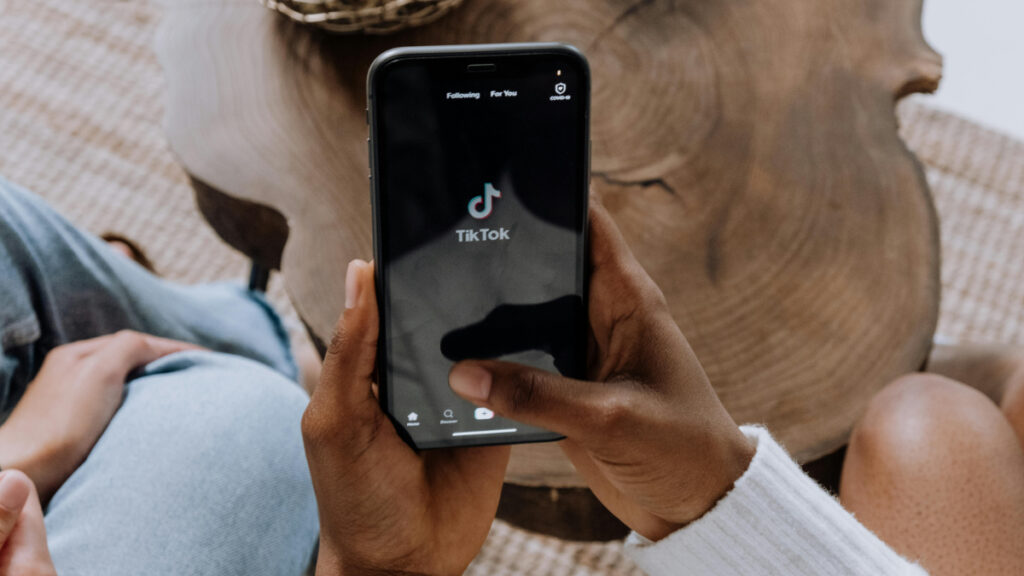What do silly dance videos and resistance politics have in common? They both took a blow in the U.S. today as the House of Representatives voted to pass a bill banning TikTok. The popular social media app built a loyal fanbase on catchy songs and silly challenges. Since then, it’s evolved into far more than memes, even becoming a challenger to Facebook. In recent years, TikTok has become a go-to platform for creators who want to share information of all kinds. Everything from the covid pandemic and U.S. elections to scientific breakthroughs and genocide gets discussed on the app. So what’s the story behind the recent House of Representatives vote to ban TikTok?
Did the House of Representatives Ban TikTok?

Technically, the House of Representatives didn’t vote to ban TikTok. It voted to force TikTok’s parent company, ByteDance, to sell to a U.S.-based company. If six months pass from the bill’s signing without that happening, TikTok will be banned. The Chinese government has previously stated its unwillingness to let such a deal transpire, however. That means the House bill would amount to a ban on TikTok. Why are some lawmakers calling for this ban? Some have publically argued that TikTok represents a danger to the data security of U.S. citizens due to the app’s Chinese ownership. There’s at least one other major reason in the minds of some.
Due to the ability to share short videos quickly and conveniently, TikTok has become a source for a great deal of political organizing. It’s also become the go-to news source for many. That’s especially true of those who feel misled by traditional media outlets. The app could therefore be seen as posing an existential threat to the status quo. The bill passed the House with a bipartisan vote of 352-65. That shows that both Democrats and Republicans have an obvious desire to do away with the platform. President Joe Biden has publicly stated that he will sign the bill into law if it reaches his desk, but it must still pass through the Senate before that can happen.







